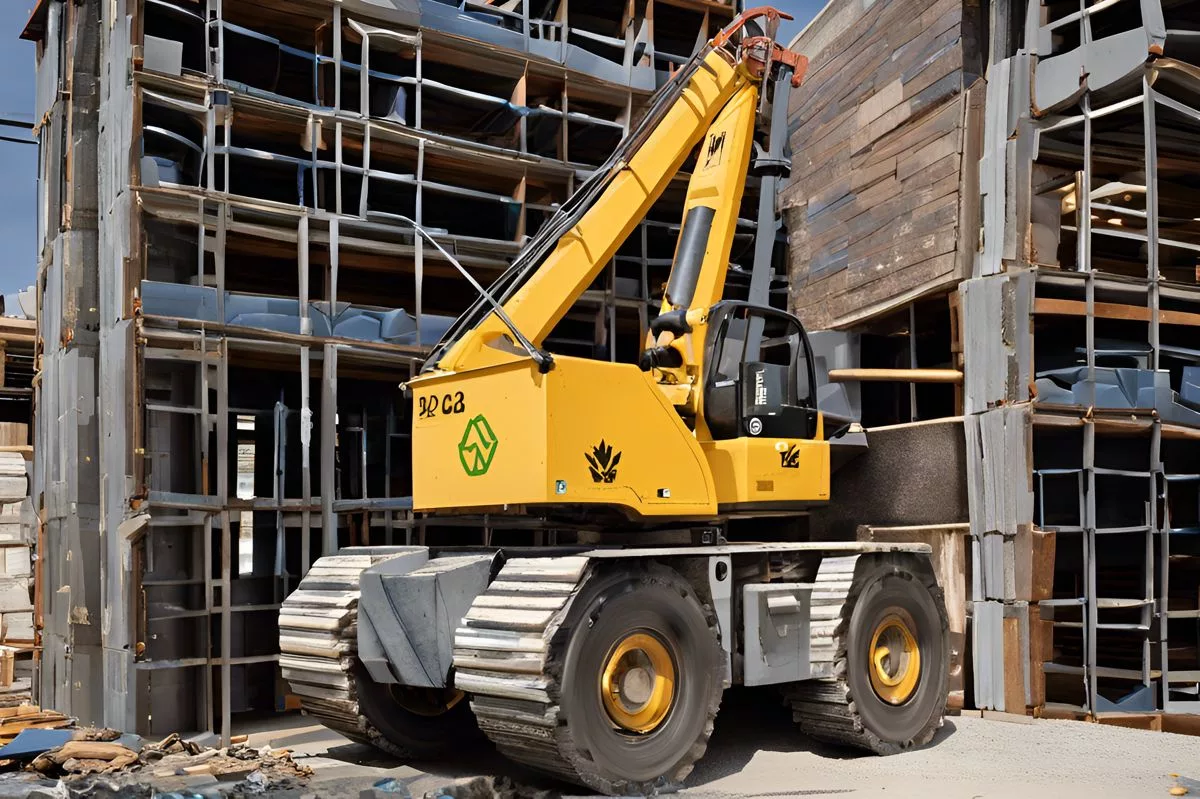The Carbon Smart Skills Development program in Cape Town is transforming the lives of unemployed women by providing them with comprehensive training in green building principles and Biomass Insulated Concrete (BIC), an eco-friendly building material. The program promises jobs for three years and is not only a skill development initiative but also a beacon of hope and change for a more sustainable future. The use of BIC in construction projects is a paradigm shift that promotes the construction of green infrastructure across the city, minimizing carbon footprints during construction. The program aims to empower women and contribute to the green economy.
What is the Carbon Smart Skills Development program in Cape Town?
The Carbon Smart Skills Development program is an innovative initiative launched by Cape Town’s Water and Sanitation Directorate, aimed at providing skills development and employment opportunities for unemployed women while promoting eco-friendly architecture and sustainability. Graduates are promised jobs for three years and receive comprehensive training in green building principles and interpersonal skills, including specialized instruction in Biomass Insulated Concrete (BIC), an eco-friendly building material conceived by the City. The program aims to be more than a skill development initiative but a beacon of hope and change.
In Cape Town, South Africa’s pulsating city, an innovative effort is transforming both skills development and eco-friendly architecture. The city’s Water and Sanitation Directorate (EMD) has launched the groundbreaking Carbon Smart Skills Development program. This ingenious scheme is not simply fostering unemployed women’s abilities but also paving way for a more sustainable future.
Revolutionizing Employment Opportunities
The transformative program was inaugurated in September of a bygone year and has engaged 30 participants from diverse corners of Cape Town, including locales such as Garden Village, Maitland, Langa, Philippi, Lentegeur, and Dunoon. However, the program is more than an ephemeral opportunity. Upon graduation, the City promises these women jobs for three years, effectively shattering the chains of joblessness.
The tutelage provided in the initiative is all-encompassing and adjusted to modern workplace necessities. It encompasses domains such as green building philosophies, the growth of micro, small, and medium enterprises (MSME), and essential interpersonal skills. A noteworthy detail is that the participants have already grasped health and safety regulations and have finished the city’s specialized instruction in Biomass Insulated Concrete (BIC) – a sturdy eco-friendly building material conceived by the City.
A Foray into Green Construction
The Carbon Smart Training Academy in Maitland has played a pivotal role in enlightening these women about the avant-garde BIC product. The manufacturing procedure of BIC includes the utilization of recycled fabric, plastics, glass, ceramics, and alien invasive species, reflecting the City’s dedication to recycling, upcycling, and sustainable living.
The adoption of BIC in construction ventures is a paradigm shift. Its application hastens the construction process, permitting walls to be shuttered, poured, and stripped within a mere 24 hours, an achievement beyond the reach of conventional methods.
The multifaceted nature of this trailblazing construction material is already apparent in its usage in two gatehouses and multiple pilot projects, including sanitation facilities at city-owned nature reserves.
A Dual-Purpose Initiative
Eddie Andrews, the member for spatial planning and environment on Cape Town’s Mayoral Committee, perceives the Carbon Smart Skills Development Program as a dual-purpose initiative. It enhances the employability of residents, giving them a platform to initiate small businesses or improve their job possibilities. At the same time, it promotes the construction of green infrastructure across the city.
Andrews applauds the collaboration between the Environmental Management and Expanded Public Works Programme (EPWP) departments, which was crucial in the successful implementation of the program. He opines that the initiative could instigate positive transformation within the communities where the women reside.
The program’s focus on green building principles aims to minimize carbon footprints during construction, aligning with global endeavors to counteract climate change. It’s an undertaking that has granted women access to the building sector, historically a male-dominated arena, while providing them with competencies necessary for the green economy.
More Than Skill Development: A Beacon of Hope
In this imaginative narrative of skills advancement, environmental sustainability, and female empowerment, Cape Town’s Carbon Smart Skills Development program is advancing, reshaping lives and landscapes. The program aspires to be more than a skill development initiative; it seeks to be a beacon of hope, an emblem of change, and a testament to the extraordinary potential of sustainable living.
1. What is the Carbon Smart Skills Development program in Cape Town?
The Carbon Smart Skills Development program is an innovative initiative launched by Cape Town’s Water and Sanitation Directorate, aimed at providing skills development and employment opportunities for unemployed women while promoting eco-friendly architecture and sustainability.
2. What does the program offer?
Graduates are promised jobs for three years and receive comprehensive training in green building principles and interpersonal skills, including specialized instruction in Biomass Insulated Concrete (BIC), an eco-friendly building material conceived by the City.
3. Who is the program designed for?
The program is designed for unemployed women from diverse corners of Cape Town, including locales such as Garden Village, Maitland, Langa, Philippi, Lentegeur, and Dunoon.
4. What is Biomass Insulated Concrete (BIC)?
Biomass Insulated Concrete (BIC) is an eco-friendly building material that is utilized in the program. The manufacturing procedure of BIC includes the utilization of recycled fabric, plastics, glass, ceramics, and alien invasive species.
5. How does BIC promote sustainable living?
The adoption of BIC in construction ventures is a paradigm shift. Its application hastens the construction process while minimizing carbon footprints during construction, aligning with global endeavors to counteract climate change.
6. What is the program’s goal?
The program aims to empower women and contribute to the green economy and is more than a skill development initiative but a beacon of hope and change. It enhances the employability of residents, giving them a platform to initiate small businesses or improve their job possibilities while promoting the construction of green infrastructure across the city.












